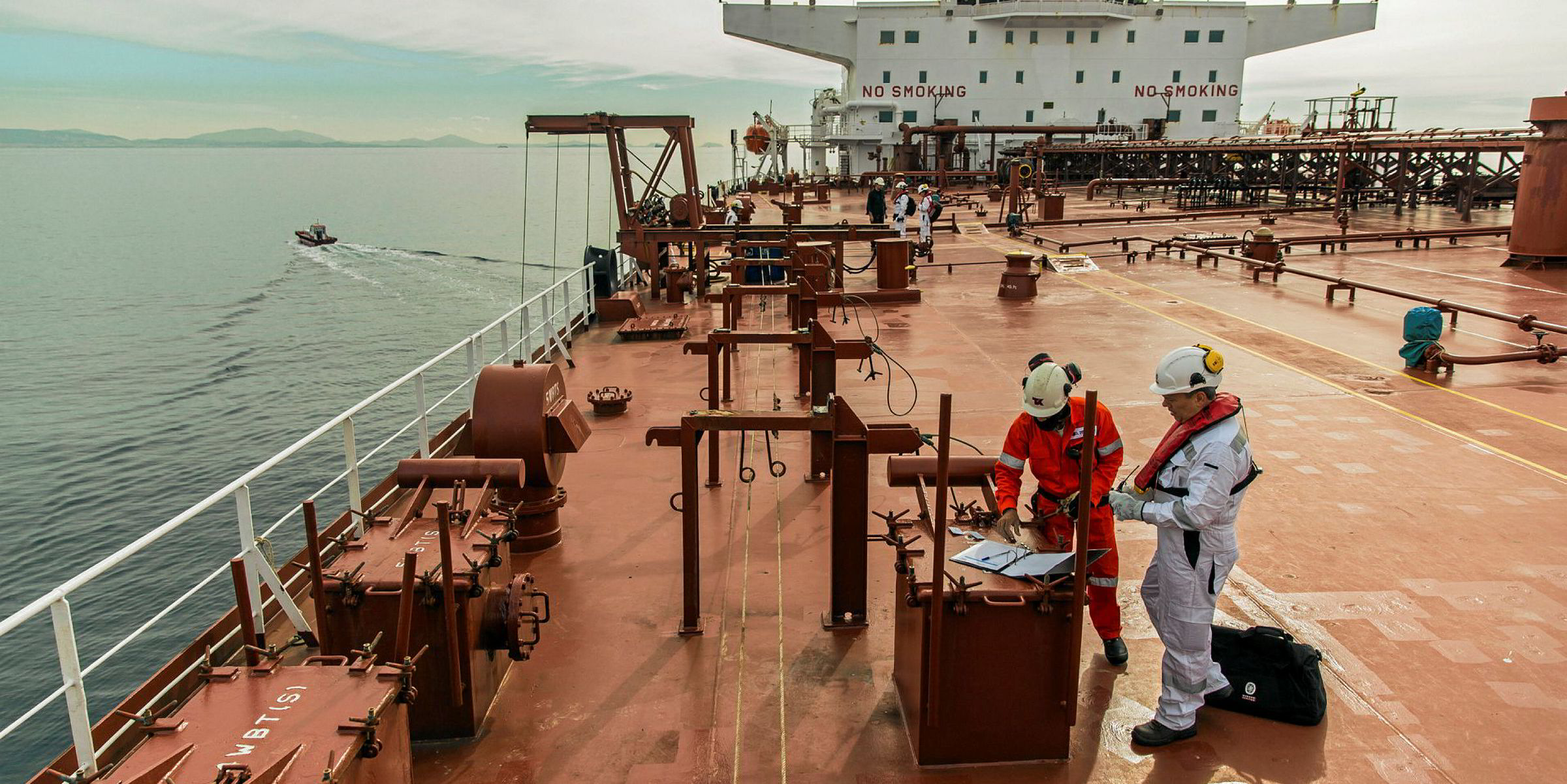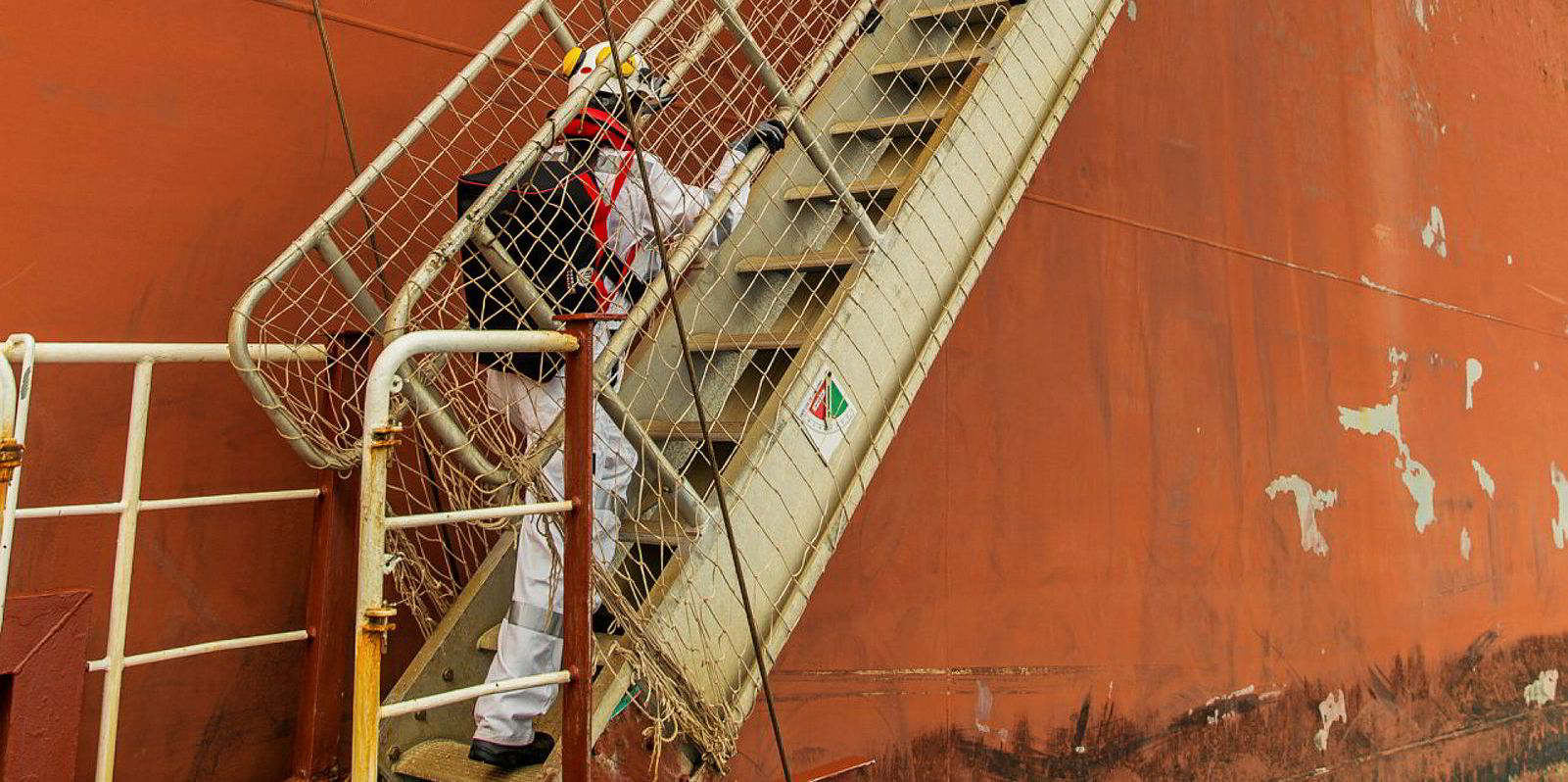Companies sending out personnel to conduct ship vetting inspections should develop a set of guidelines to help preserve the health and safety of all parties in the process, the Oil Companies International Marine Forum (OCIMF) has told its members.
OCIMF members - which comprise the world’s major charterers - have ownership of the Ship Inspection Reports (SIREs) and of the Offshore Vessel Inspection Database (OVID) reports for vessels.
In its latest update bulletin OCIMF said the Covid-19 pandemic is making the commissioning and completion of inspections for SIRE, barge inspection report (BIRE) and OVID programmes “challenging”.
This is due to the restrictions on cross-border travel and within countries, which may have criminal consequences for individuals or reputational consequences for those commission inspections, the body said.
“Inspections have or may soon become impossible to conduct in some locations,” OCIMF said.
OCIMF is recommending members' commissioning inspections consider factors such as local Covid-19 restrictions, and look at appointing inspectors who do not have to travel long distances to attend vessels.
Inspections have or may soon become impossible to conduct in some locations
OCIMF
But the body also urges members to develop their own guidelines for inspectors, such as a requirement to submit a travel history before undertaking a job, social distancing, use of personal protection equipment, and a requirement to notify if they suffer any coronavirus symptoms up to 14 days after their work has been completed.
It recommends members develop guidelines for vessel operators and says that where an inspector tests positive for Covid-19 OCIMF should be informed immediately.
OCIMF also makes recommendations for the vessel operator which include providing onboard hand washing facilities for inspectors a requirement for the ship to provide movement and crew Covid-19 exposure information to its members prior to an inspection.
The body lists 13 responsibilities for inspectors and suggests circumstances in which they can decline or cancel inspections.
In addition, OCIMF said today that it is also suspending all training and accreditation activities, including audited inspections and accompanied inspections until further notice.
OCIMF has already increased the availability of its ship vetting reports from 12 months to 18 months and has said there are likely to be fewer new reports available from some regions due to the COVID-19 pandemic.
It has also encouraged members to consider deferring ship vetting inspections, use existing reports and look closely at the safety of those involved.
TradeWinds reported last month that shipowners were concerned that the validity of their inspections reports were expiring due to the coronavirus spread, which could put them at a disadvantage with charterers.






